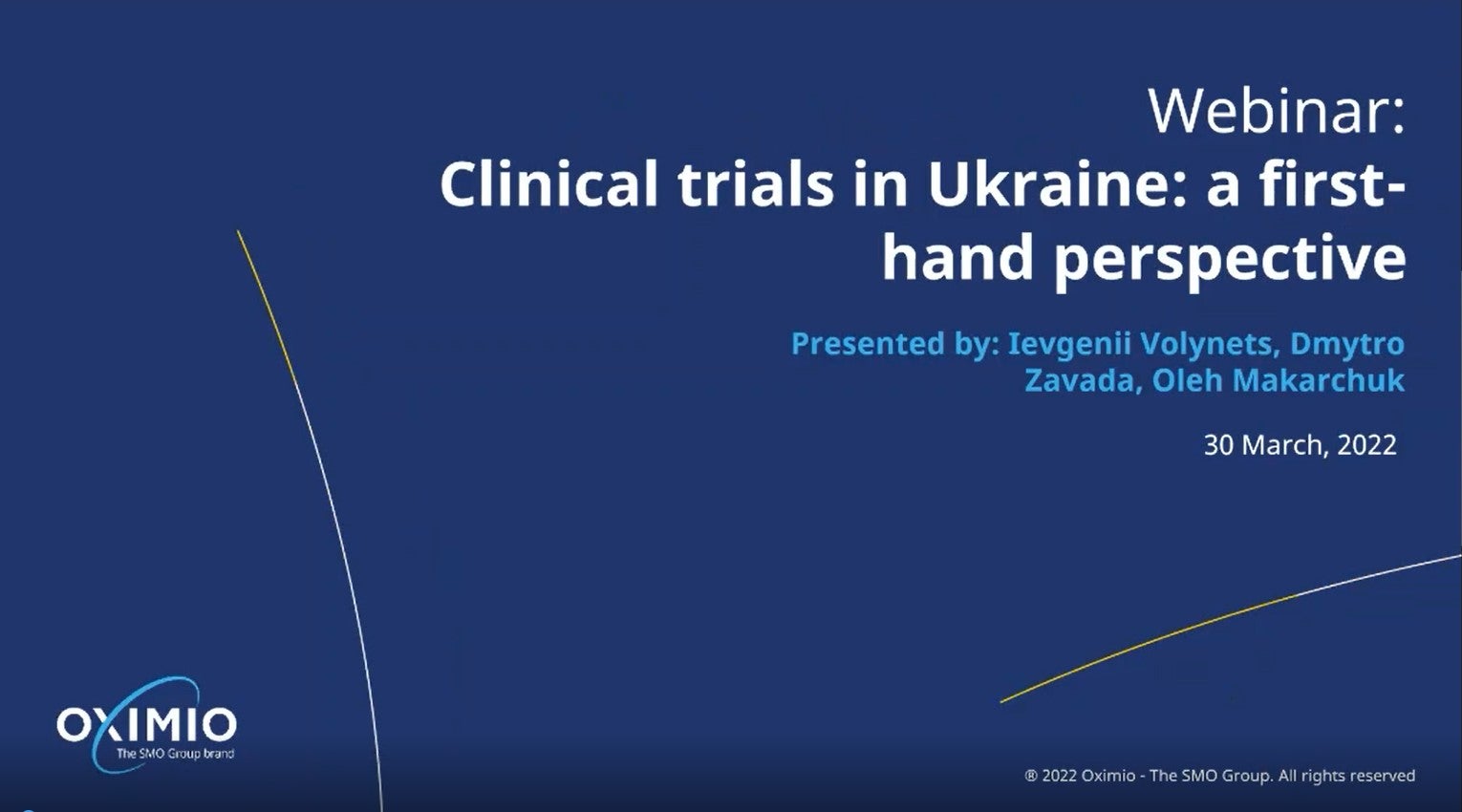
Russia’s full-scale invasion of Ukraine in February has had local, regional and global ramifications for clinical trial operations. Alongside its devastating impact on human lives and livelihoods, the war has caused delays and disruptions to supply chains and site operations, which are driving a shift in the clinical trial landscape across the globe.
The challenge for clinical trial sponsors is to take actions that enable vital pharmaceutical research to carry on amid the disruption, acknowledging that Russia accounts for 3% and Ukraine accounts for 1.4% of the global patient population.
Across the two countries, at least 28 studies have paused and as many as 720 ongoing or planned trials may be disrupted due to the war, according to GlobalData clinical trial analysis. Sponsors should assess the local, regional and global impact on their operations and focus on risk mitigation options in order to continue to provide for patients on clinical trials.
Impact on operations
“The war has had an impact on regional patient retention and recruitment,” says Dr Zayheda Khan, commercial and procurement director at clinical trial logistics services provider Oximio. According to the United Nations, at least 12 million people in Ukraine have been displaced since Russia’s invasion in February, making it exceptionally difficult for clinical trial operators to support and track patients.
Sites in the wider region face the challenges that come with accommodating displaced participants, Khan explains: “We saw an influx of patients evacuated and joining other sites,” she says. “Maintaining data integrity can be difficult, with the availability of documentation varying from country to country. And clinical trial sites might have differentiating requirements.” There are also the ethical implications of sourcing comparator products in war-impacted countries and balancing the issue of patient and site staff safety with the patients’ need for treatment.
There are also supply chain challenges across the region, with site suspensions and delays, as well as disruption to central labs shipments. Solution providers have had to develop new logistics schemes and strategies for import and export. In many cases, road transport systems have been used to replace air freight in Ukraine and, in Russia, sanctions are disrupting drug development funding and collaboration opportunities.
Risk mitigation strategies
For ongoing clinical trials to be able to continue in war-impacted markets, close collaboration between stakeholders is vital. Supply chain partners should work with their sponsors and regulatory agencies to manage supply chain disruption and provide recommendations to help mitigate risk.
A global shift is underway in the clinical trial space, as some of the global market share of Ukraine and Russia is redistributed and growth is transferred to other markets. “When sponsors are considering trial design, they may be likely to consider Russia or Ukraine,” explains Khan. “They therefore need to look either in other countries in Eastern or Western Europe, or further afield to some of the emerging markets in Africa, Latin America or Asia Pacific.” The market share in the rest of the world is expected to grow by 1.5% to compensate.
When considering relocation, sponsors should evaluate the potential of each market, including:
- Comparator and ancillary procurement potential
- Bio-sample management
- Availability of experienced sites and personnel
- The implications for cost and productivity. Russia and Ukraine have relatively high site productivity and low per-patient costs
While countries in Western Europe have the benefit of proximity to logistics routes, they tend to offer a higher cost differential and lower productivity. Latin America, the Middle East and Southeast Asian markets perform better on cost and productivity but lack the market growth capacity to compensate for Russia and Ukraine. Central and Eastern European countries offer comparable cost and productivity, proximity to logistics infrastructure and growth capacity, so may provide a favourable option for operators.
The goal for the clinical trial industry is to create solutions to the challenges caused by the impact of the war and to work with sponsors to ensure the continuity of research, protecting both patients and the integrity of clinical trials. The future for clinical trials in this region is uncertain, and global trends have been impacted, so businesses should focus on robust business continuity plans and assessing the options to mitigate risk.
Further details:



